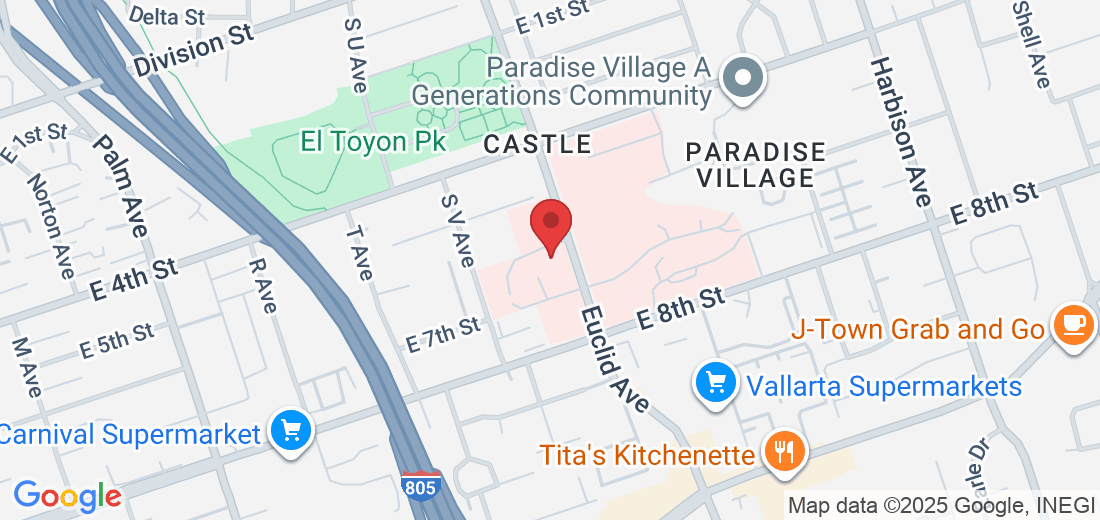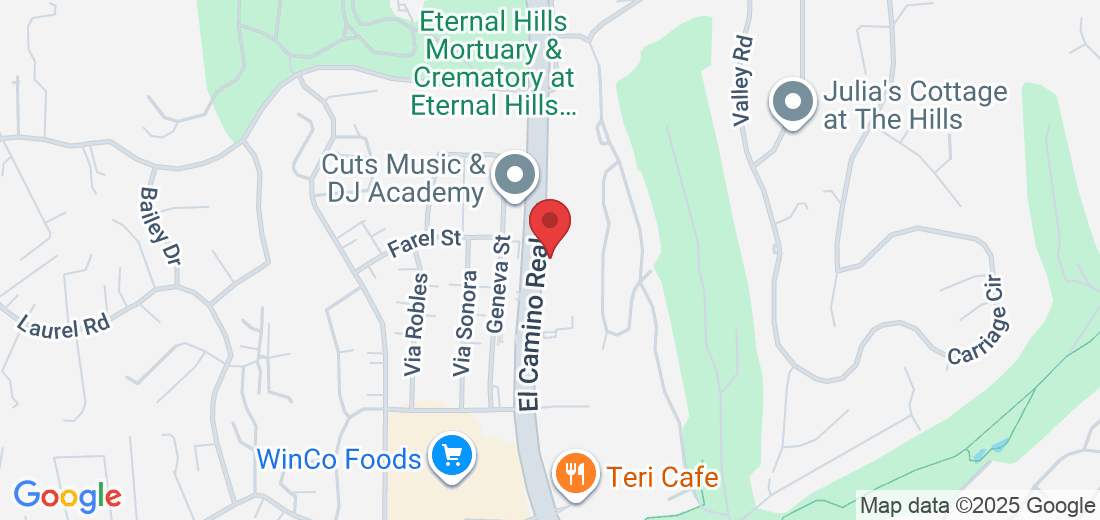You’re not alone - and you’re not out of options.
Mental health struggles don’t come with a one-size-fits-all solution. That’s why we start with you — your symptoms, your story, your needs.
We help people facing:
Depression (including treatment-resistant depression)
Fatigue from medications that haven’t worked
Feeling stuck, disconnected, or flat
Brain fog, focus issues, or sleep problems
Chronic stress or burnout
Emotional overwhelm
Anxiety or panic
TMS (Transcranial Magnetic Stimulation)
Consult
Meet with a provider, review your history, get a personalized plan, and we'll submit for insurance approval
Plan
First session includes device “mapping” and your initial treatment
Treat
Sessions last 3–20 minutes; relax during treatment and continue your day as usual afterward.
Spravato (Esketamine)
FDA Approved
For adults struggling with treatment-resistant depression (TRD) and major depressive disorder (MDD) with suicidal thoughts or actions.
Sustainable
About 70% of patients show a clinically meaningful response, with treatments easily integrated into your life.
Covered by Insurance
Spravato is covered by several major insurance payers, making it an accessible option for many if you've tried antidepressants and therapy.
TMS is a non - invasive, non - medication treatment
Intended for patients who have not found relief from antidepressants, TMS uses magnets to stimulate a specific area of the brain associated with controlling mood– decreasing depressive symptoms after repeated sessions.
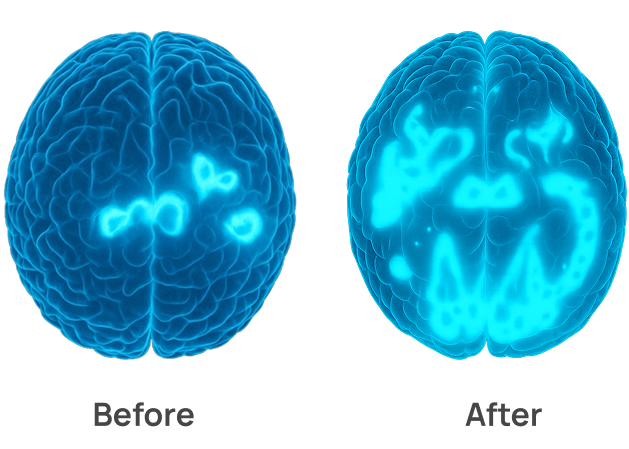

Covered by most insurance
All major payers cover TMS treatment for Depression. If you've tried multiple antidepressants and therapy, there's a good chance your insurance covers it.

Fits In Your Schedule
Sessions are 3-20 minutes and you can drive to and from your appointments. The full course covered by insurance usually takes about 6-8 weeks to complete.

Safe & Effective
About 79% of patients who complete a full course of TMS show a clinically meaningful response and about 53% experience a remission, meaning their symptoms go away completely.
Trusted Treatment. Real Results.

FDA Cleared
TMS therapy has been FDA cleared since 2008, proven to be safe & effective.

No Systemic Side Effects
While you may feel a slight tapping sensation, most patients adapt to it after just a couple of sessions.

21 Day Difference
Many patients start to see an
improvement after just 2-3 weeks of treatment.
What is Spravato®?
Spravato® is taken at a REMS Certified Treatment Center
Spravato (esketamine) is a prescription nasal spray that is used to treat adults with treatment-resistant depression (TRD), or major depressive disorder with suicidal ideation.
Unlike oral antidepressants, Spravato is a novel mechanism that acts on different receptors (NMDA vs. serotonin receptors) to treat depression and bring fast relief.
3 Treatment Phases
Induction: Twice weekly for the first 4 weeks.
Optimization: Once a week for the following four weeks.
Maintenance: Weekly or bi-weekly treatments as needed. At 8 weeks, you will meet with your provider to discuss the best treatment cadence going forward.
Treatment Protocol
- Does not need to be taken with an oral antidepressant
- Following administration, you will be observed for 2 hours by your provider
- Patients cannot drive from their appointment due to some side effects, so please find a ride on treatment days. Your provider will discuss the side effect profile further at your evaluation.

Real Stories from
Our Patients
Every testimonial is a story of trust, healing, and lasting value. We’re proud to share how our care has transformed lives with compassion and comfort, creating spaces where well-being can truly flourish. Each voice reminds us of our purpose—to bring hope, balance, and peace to every journey of mental wellness.
TMS has helped me with my depression and anxiety. Pain in my body too. Jenna and the entire crew are outstanding! Truly recommend it!
- Alicia L.
"I have had a great experience with TMS. This therapy has helped with my depression and anxiety, without having to add medication to help me get through this past episode. I would definitely recommend trying it and would do it again if needed"
- Reyna C.
"My experience was very good! Jenna and Corey get the best results for me. I'm doing better than I was that's for sure. I would recommend this treatment to anyone with depression and anxiety. It is the best treatment I've ever had! My first round of TMS resulted in me having the energy I had when I was 20! I felt strong upright and energetic! It was absolutely unbelievable. It changed my life!"
- James C.
Meet Our Provider
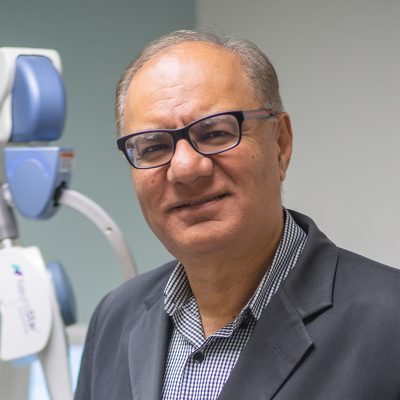
Dr. Prakash Bhatia
MD, PhD
Prakash Bhatia, MD, PhD has more than 20 years’ experience in the treatment of patients with Psychiatric and Substance Use Disorders along with the most severe forms of depression and anxiety disorders. He is the Medical Director of Psychiatry at both Paradise Valley and Alvarado Hospitals where he has assumed leadership roles in bringing the best evidence based treatment to those with the most severe symptoms. Dr. Bhatia enjoys helping those who suffer from mood and anxiety disorders, addictions and a wide range of conditions that allow him to utilize his extensive experience in Psychiatric procedures such as TMS and Spravato (ketamine).
Dr. Bhatia completed medical school both MD, PhD in Neuroscience at: University of Texas Southwestern Medical Center at Dallas, residency at Washington University School of Medicine, and a fellowship at the University of California San Diego Medical Center. He is board certified with the American Board of Psychiatry and Neurology. He believes in treating the whole person, providing the best cost-effective mental health services and treats all patients with compassion and the utmost care.
Where to Find Us
Covered by Major Insurance Providers
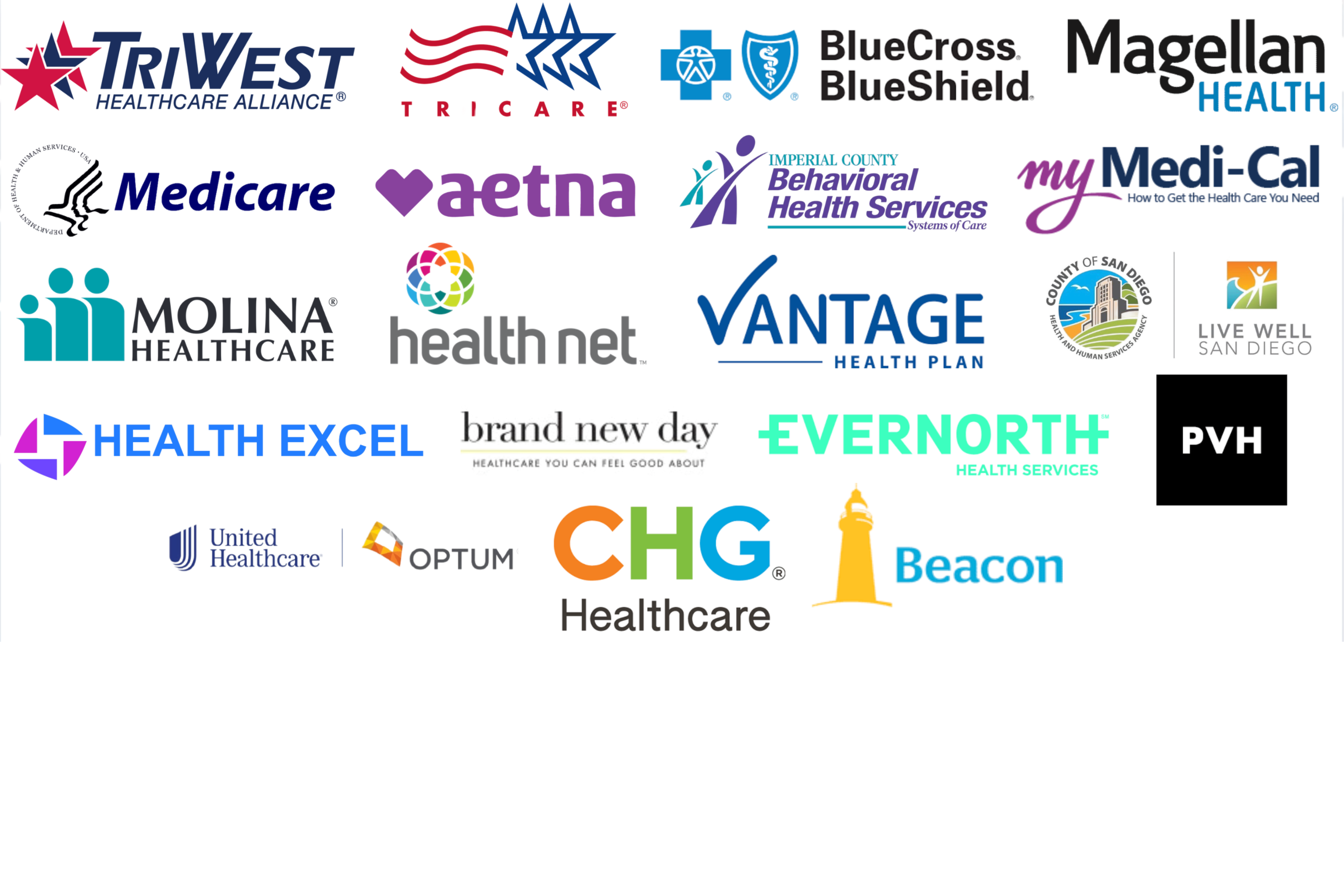
Take the First Step Towards Relief Today
Contact Info
610 Euclid Ave Suite 200,
National City, CA 91950
2122 S El Camino Real Suite 200,
Oceanside, CA 92054
Office Hours
Mon - Fri: 8am to 5pm
Sat - Sun: Closed
Ⓒ 2025 — Advanced TMS— All rights reserved

